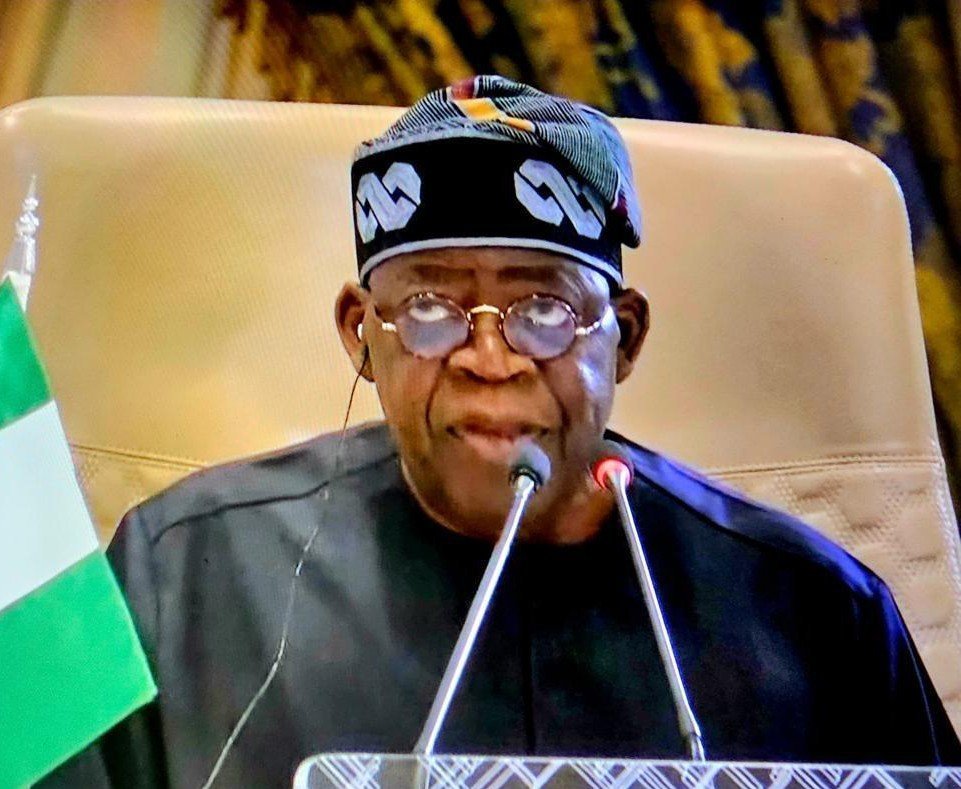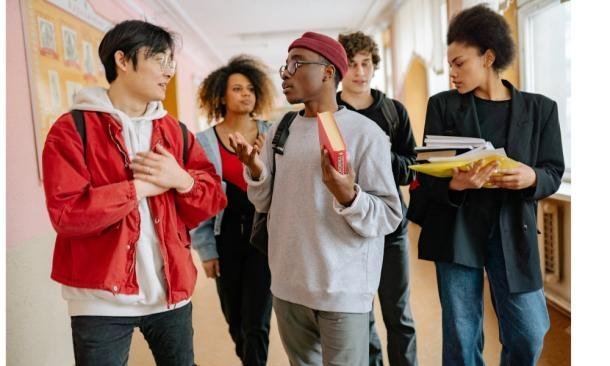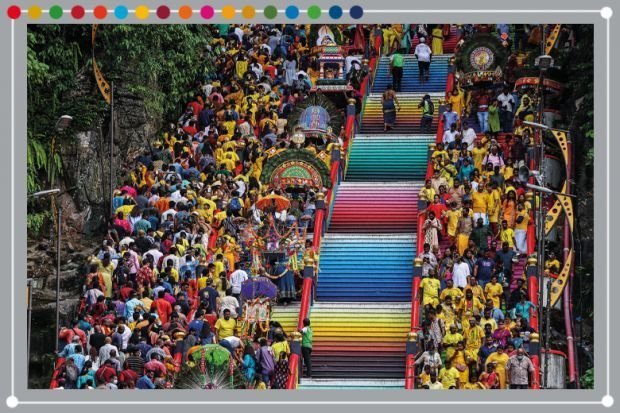In a surprising policy shift, the United States has resumed its student visa application process for 2025—but this time, there’s a digital twist. The U.S. now requires international applicants, including Nigerian and other African students, to submit their social media history as part of their visa evaluation. Let’s unpack what this means, who it affects, and how you can prepare for success in your application.
What Prompted the New student visa Measures?
Following years of debate over national security and visa fraud, the U.S. government introduced social media screening to identify potential threats early. It’s part of a broader initiative under the Department of Homeland Security to modernize immigration protocols using technology.
What Is the Social Media Screening for student visa Requirement?
Applicants now need to list all usernames used on social media platforms over the past five years. This includes Facebook, Twitter (X), Instagram, LinkedIn, TikTok, and more. U.S. visa officers will cross-check this data to assess your online behavior.
Who Will Be Affected by This Requirement?
Every student visa applicant (F, J, and M visas) must comply. Whether you’re applying for the first time or renewing your visa, your digital footprint will be reviewed.
How the Social Media Data for student visa Will Be Used
Consulates will analyze your online behavior to check for inconsistencies with your application, extremist ideologies, or suspicious activities. Even retweets or likes on controversial posts might be flagged.
Concerns from Students and Education Advocates
Many Nigerian students and education consultants fear this move could lead to unfair denials. There are concerns over potential bias, lack of context in interpreting posts, and freedom of expression violations.
Legal and Ethical Debates Surrounding Digital Vetting
While the U.S. argues it’s a matter of national security, human rights activists say it treads dangerously close to digital surveillance. The policy sits at the intersection of immigration control and online freedom.
How to Prepare Your Social Media for student visa Before Applying
- Delete posts that could be seen as offensive or controversial.
- Ensure your profiles reflect your real identity and professional/academic goals.
- Avoid jokes that can be taken out of context.
- Don’t delete your accounts abruptly; this can raise suspicion.
Tips for Avoiding Visa Rejection Due to Social Media
- Review every public post and story from the past five years.
- Make your privacy settings more secure.
- Be transparent and honest in your visa application—your social media should align with it.
How This Affects Study Abroad Trends
Many students are now considering alternative destinations like Canada, the UK, and Ireland, where visa screening is perceived as less invasive. This shift could reshape global education trends in the next decade.
The Bigger Picture: Global Migration Policies
From AI-assisted background checks to biometric scanning, countries are integrating tech into visa processing. The U.S. may be first with social media, but it’s unlikely to be the last.
What Nigerian Schools and Agents Should Know
Institutions and study-abroad agencies must train students on digital hygiene. Offering workshops on social media audits can significantly improve visa approval rates.
Alternatives to U.S. for Quality Education
Consider top-rated universities in Canada, Germany, the UK, and Australia. These countries offer excellent education with more transparent visa rules.
Voices from the Field: Students Speak Out
“My Instagram post about political unrest in my country cost me a visa.” — Adebayo, Nigeria
“I cleaned up my digital footprint and got approved. Preparation is key.” — Lara, Ghana
Embassy Communication and Response Channels
Stay updated via official channels:
- U.S. Embassy Nigeria
- U.S. Visa Appointment Service
- Social media: @USEmbassyAbuja, @USEmbassyLagos
Impact on U.S. Education Revenue
With fewer foreign student applications, universities may see a drop in revenue, cultural exchange, and global competitiveness. Many institutions are urging policymakers to strike a balance between security and accessibility.
Read Also Impact Rankings 2025: Keeping the Light Burning
Conclusion
The road to a U.S. education in 2025 may feel longer, but it’s not impossible. Understanding the new rules, preparing your social media wisely, and staying transparent can make all the difference.
Your online presence is now your digital handshake—make it count.
FAQs
1. What is the new U.S. student visa social media rule?
You must list all usernames used in the last five years across major social media platforms when applying for a student visa.
2. Will social media activity impact visa approval?
Yes. Inconsistent, violent, or controversial content can lead to rejection.
3. Can I apply for a visa without social media?
Yes, as long as you truthfully declare that you have not used any platforms in the past five years.
4. What should I delete before applying?
Offensive memes, aggressive political posts, false education claims, or anything contradictory to your application.
5. Are other countries adopting similar policies?
Yes, countries like Australia and the UK are testing similar digital vetting tools, although not as comprehensively as the U.S.



